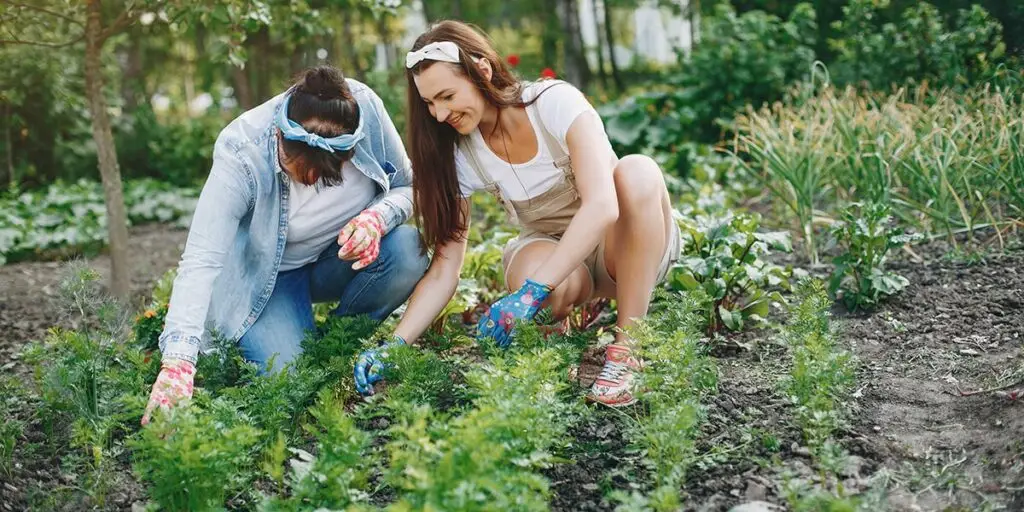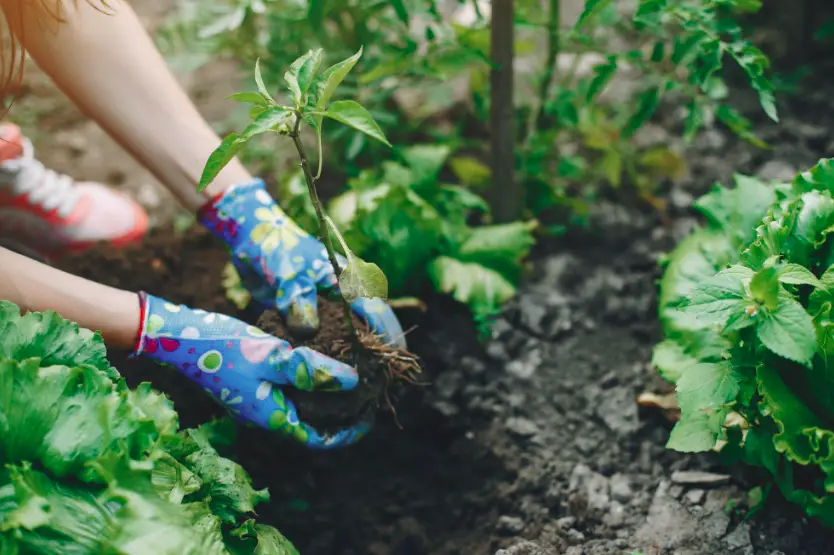We’re letting you know that this post contains sponsored links which Your Savvy Purse receives compensation for, which may impact their order of appearance.
Imagine stepping into your garden, feeling the warmth of the sun on your face as you breathe in the fresh, earthy aroma. With every touch of soil and delicate nurturing of your plants, you unlock a treasure trove of healing benefits for your body and soul. Gardening is more than a hobby—it’s a powerful source of therapy.

Why Gardening Heals
Whether you’re a seasoned green thumb or just getting started, gardening offers profound therapeutic effects that can transform your well-being. Here’s why:
- Stress Reduction and Mental Health
The act of gardening has a calming effect on the mind. Being in nature, away from daily stressors, allows you to find peace and solitude. Feel your worries melt away as you focus on the simple tasks of planting, watering, and harvesting. Studies suggest that interacting with nature reduces cortisol levels, leading to improved mood and mental clarity.
- Physical Health Improvements
Gardening provides moderate exercise, enhancing mobility, strength, and flexibility. Whether you’re digging, planting, or pruning, these activities help keep you active. The rhythmic motions not only boost your physical health but also bring a sense of meditative mindfulness.
- Sense of Purpose and Achievement
Nurturing plants and watching them thrive offers a deep sense of purpose, especially beneficial if you’re dealing with depression or feelings of isolation. Every sprout, bloom, and harvest is a testament to your care and dedication, boosting self-esteem and fulfillment.
- Community and Social Connections
Gardening doesn’t have to be a solitary activity. When shared with others, it fosters a sense of community and belonging. Communal gardens can become a hub of social interaction and support, where members collaborate and connect over shared goals and experiences.
- Therapeutic Benefits for Specific Conditions
For individuals with specific health conditions like dementia or PTSD, gardening provides sensory engagement and a safe environment for emotional processing. Familiar routines and the nurturing of life can spark memories and bring comfort, acting as a gentle form of therapy.
Real Stories of Healing Through Gardening
- Finding Solace in Solitude
Meet Ella, a devoted garden enthusiast who turned to gardening during a challenging time. Tending to her plants became her sanctuary, offering solace and a renewed sense of purpose. “It was as if each plant I cared for helped mend a part of me,” she reflects.
- Herbs for Mental Well-being
John, a health-conscious individual, discovered the joys of maintaining a small herb garden. He integrated gardening into his daily routine, finding it profoundly improved his mental health and reduced stress levels. “There’s nothing like plucking fresh basil for my meals and feeling that connection to the earth,” he shares.
- Building Community Through Green Spaces
Sarah, a community wellness advocate, initiated a communal garden project. She witnessed firsthand the transformative effects on members’ health and the strong sense of unity it fostered. “Our garden became a place of healing, growth, and friendship,” she says proudly.
Cultivate Your Own Healing Garden
Ready to experience the healing power of gardening? Start small—perhaps with a few pots of your favorite herbs or a corner of your backyard. Remember, it’s not about perfection; it’s about finding joy and peace in the process.
Join us in this green wellness revolution. Share your gardening stories, tips, or photos with us and become part of a vibrant community dedicated to growth and healing.
Gardening is more than planting seeds in the ground—it’s about planting seeds of hope and health within ourselves. Let’s dig deeper and nurture our well-being together. 🌿



